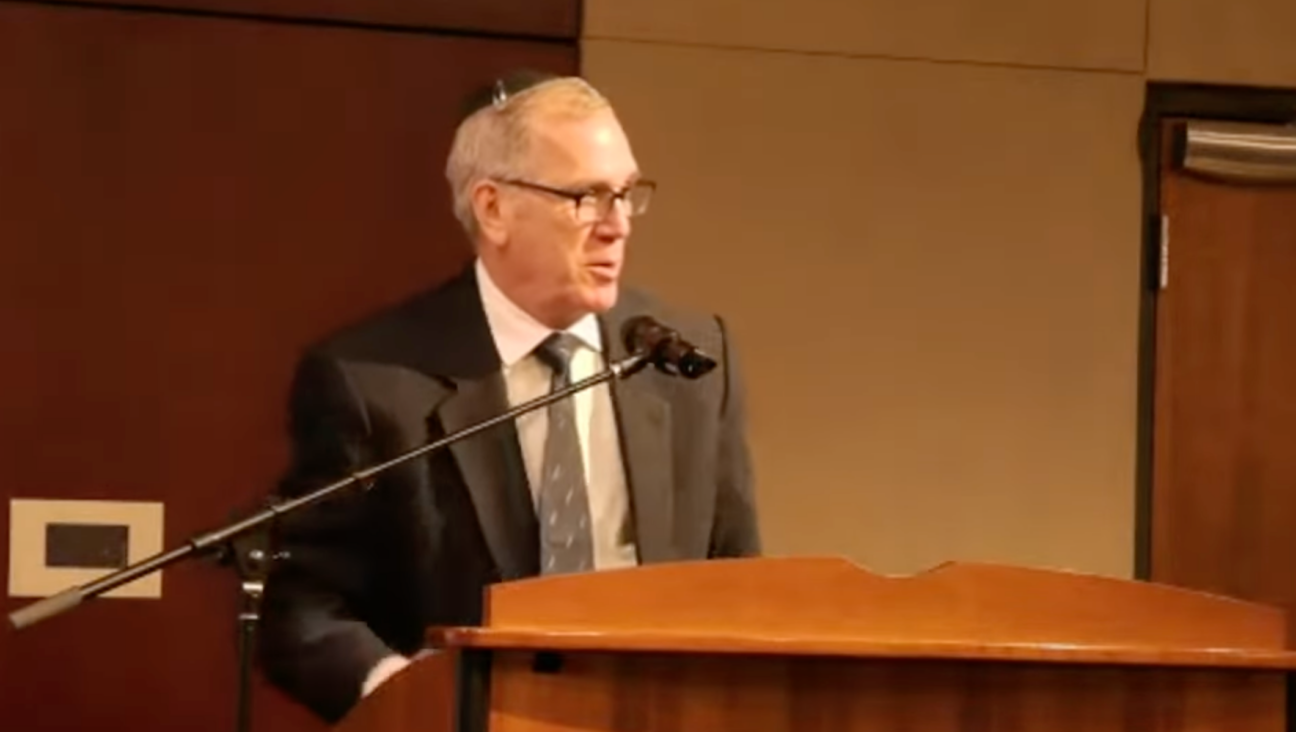EXPLAINED: Why Jared Kushner’s Russia Back Channel Is So Bad

Jared Kushner Image by Department of Defense
Jared Kushner, President Trump’s senior advisor/son-in-law, has been the subject of ever-more-intense media attention after NBC reported that the FBI was looking closely at his meetings in December with the Russian Ambassador to the U.S. and the head of a Russian bank as part of its inquiry into the country’s role influencing the 2016 presidential election.
During the meeting with Ambassador Sergey Kislyak, Kushner suggested using Russian diplomatic facilities to create a back channel line of communication between the White House and the Kremlin, The Washington Post reported Friday.
The news was greeted with shock by security experts. “Contacts between a transition team and foreign diplomats is indeed entirely normal,” tweeted Eliot Cohen, a former Bush administration State Department official. “What is not normal, though, is asking a hostile government to provide secure comms to avoid FBI/NSA surveillance in order to do what, precisely.”
The White House has defended his actions, with National Security Advisor H.R. McMaster stating on Saturday that he “would not be concerned” because “We have back channel communications with a number of countries.”
Indeed, past administrations have used informal or secret methods to contact countries whose relations to the U.S. are complicated. For example, Franklin D. Roosevelt used a staffer to coordinate actions with Winston Churchill while still remaining officially neutral before entering World War II, and Barack Obama utilized an Omani businessman to make overtures to Iran during the early days of nuclear negotiations.
However, Kushner’s situation is different for a few key reasons. Firstly, it was done before Trump was inaugurated and without the knowledge of the State Department. Indeed, Kushner neglected to put the meetings on his security clearance application form.
Security experts also raised suspicions over Kushner’s request to use Russian equipment and facilities, which would make it difficult for intelligence agencies to monitor the talks. The Post reported that Kislyak “was taken aback” by Kushner’s suggestion.
Finally, it is unclear why Kushner also met with Sergey Gorkov, the head of the state-owned Vnesheconombank (VEB), which was subjected to American sanctions after Russia’s invasion of Crimea. The bank said that Kushner held the meeting in a personal capacity as a businessman, but the White House said that the meeting was on official presidential transition business. Gorkov is a graduate of the academy of the FSB — the successor agency to the KGB — and his bank was used as a cover for a Russian spy who was convicted last year.
The New York Times reported Monday that “During the Trump administration’s first week, administration officials said they were considering an executive order to unilaterally lift the sanctions” on VEB.
Contact Aiden Pink at [email protected] or on Twitter, @aidenpink.














